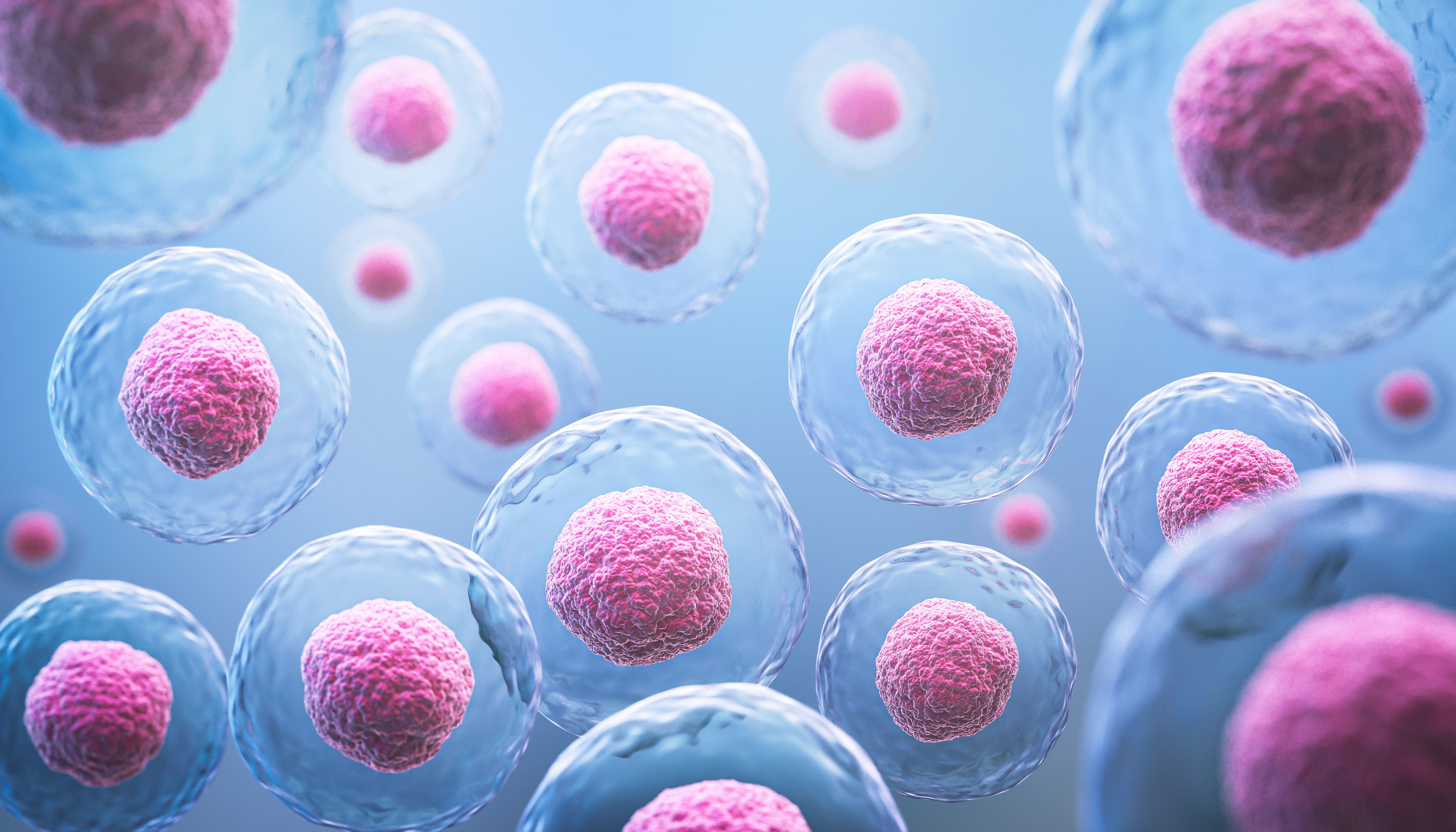Revolutionizing Clone Selection: Droplet Microfluidics and Mass Spectrometry for High-Throughput Monoclonal Antibody Screening
A cutting-edge technique combining droplet microfluidics and mass spectrometry revolutionizes monoclonal antibody screening, enabling rapid and high-throughput analysis while setting a new standard for efficient clone selection in biopharmaceutical development.
Clone selection and cell culture optimization are crucial steps in the development of protein therapeutics. These processes involve screening a large number of samples to identify clones with high titer and desirable molecular profiles. However, traditional analytical techniques can be time-consuming and inefficient for large-scale screenings. In a recent study published in the Journal of the American Society for Mass Spectrometry, researchers at the University of Michigan in Ann Arbor have introduced a novel approach that combines droplet microfluidics with mass spectrometry (MS) for efficient clone screening (1).
3d rendering of Human cell or Embryonic stem cell microscope background. | Image Credit: © Anusorn - stock.adobe.com

Droplet microfluidics with MS combines microfluidic devices and analytical techniques to manipulate and analyze tiny liquid droplets on a microscale. This integrated approach utilizes droplets as miniaturized reaction vessels, encapsulating analytes for efficient introduction into the mass spectrometer. The benefits of this combination include high-throughput analysis with minimal sample consumption, excellent sensitivity for detecting low-abundance analytes, and the ability to study complex mixtures without extensive sample preparation.
Led by Robert T. Kennedy, the research team developed a modified protein cleanup protocol and integrated it with a droplet-MS workflow for monoclonal antibody (mAb) titer screening. Droplet microfluidics is an attractive technology due to its low volume requirements, high-throughput capabilities, label-free nature, and ability to handle complex mixtures. The researchers achieved a remarkable throughput of 0.04 samples per second using this droplet approach, with a limit of detection (LOD) of 0.15 mg/mL and a limit of quantification (LOQ) of 0.45 mg/mL.
To evaluate the performance of their method in a real-world scenario, the team applied the workflow to screen 35 clones. They successfully identified the top 20% producing clones based on their titer. Additionally, the researchers coupled their sample cleanup protocol with high resolution MS to compare the glycan profiles of the high titer clones. This comprehensive approach allowed them to consider both titer and molecular structure of the expressed proteins during clone selection and cell culture optimization.
The findings of this study highlight the potential of droplet-MS as a rapid and efficient method for clone screening and cell culture optimization in the production of monoclonal antibodies. The ability to analyze samples at a high throughput rate while providing valuable molecular information makes this approach highly promising for large-scale screenings in the biopharmaceutical industry.
Looking ahead, the researchers aim to further enhance the throughput and automation of the droplet-MS technique. By optimizing and expanding this approach, they hope to accelerate the development and production of protein therapeutics, ultimately benefiting patients worldwide. The integration of droplet microfluidics with mass spectrometry holds great promise for advancing the field of biopharmaceuticals and improving the efficiency of clone selection and cell culture optimization processes.
Reference
(1) D’Amico, C. I.; Robbins, G.; Po, I.; Fang, Z.; Slaney, T. R.; Tremml, G.; Tao, L.; Ruotolo, B. T.; Kennedy, R. T. Screening Clones for Monoclonal Antibody Production Using Droplet Microfluidics Interfaced to Electrospray Ionization Mass Spectrometry. J. Am. Soc. Mass Spectrom. 2023. DOI: https://doi.org/10.1021/jasms.3c00055
Polysorbate Quantification and Degradation Analysis via LC and Charged Aerosol Detection
April 9th 2025Scientists from ThermoFisher Scientific published a review article in the Journal of Chromatography A that provided an overview of HPLC analysis using charged aerosol detection can help with polysorbate quantification.
Removing Double-Stranded RNA Impurities Using Chromatography
April 8th 2025Researchers from Agency for Science, Technology and Research in Singapore recently published a review article exploring how chromatography can be used to remove double-stranded RNA impurities during mRNA therapeutics production.






